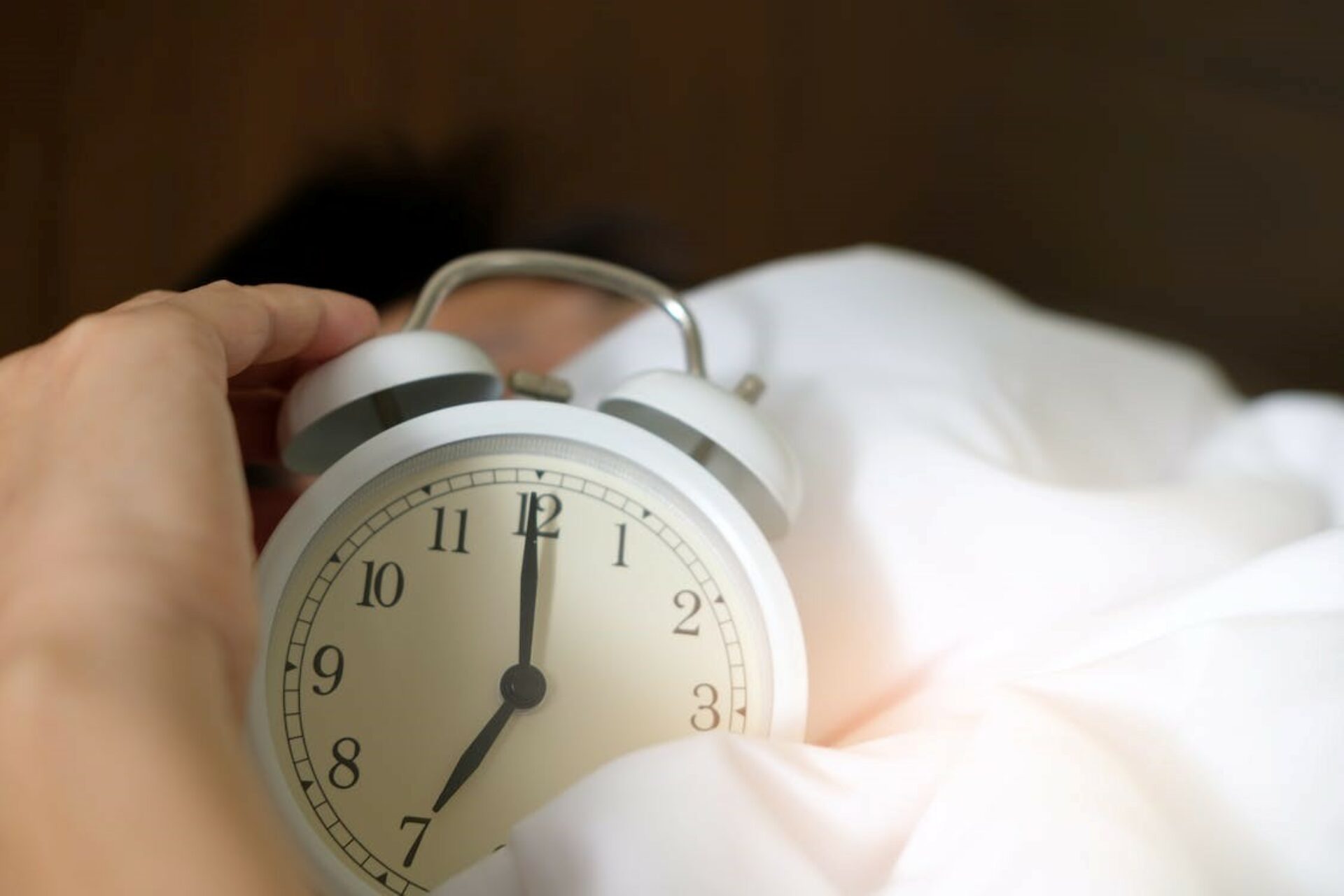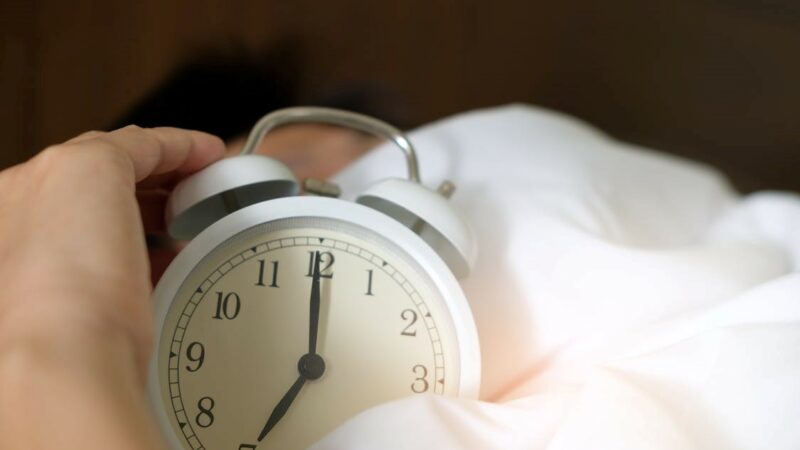Project overview
This three-year project will bring together a new network of experts (researchers, clinicians, service-users and young people) on sleep, circadian rhythms and mental health.
The four core areas of activity for the network will be:
- Setting the research agenda for mental health and circadian science; by identifying research priorities that feel most important to experts in this area, including those with lived experience.
- Setting standards for data collection, data curation and data sharing; by comparing circadian rhythm sleep data in humans to animal data and standardise how this data is collected, stored and processed.
- Supporting researchers at the early stages of their careers working within mental health and circadian science by providing training and opportunities.
- Bringing together people to write new research funding applications; by launching new teams to collaborate and write new project proposals with.
Project details
Circadian rhythms are vital for all life on earth. The sleep-wake cycle circadian rhythm is like our own internal body clock: it helps keep our sleep patterns consistent, aligns daily cycles of day and night (light and dark), in turn promoting good quality sleep.
There are several factors which can throw off our sleep circadian rhythms, such as lack of sleep routine (going to bed late), shift work, medical conditions, use of alcohol and drugs. Sometimes these factors can lead to sleep problems, which can impact mental health.
Many mental health problems (anxiety, depression and psychosis) are also associated with sleep problems, yet little is known about what mechanisms are behind these associations.
Therefore, this research network seeks to bridge the gap by bringing together sleep experts (both professionally and with lived experience), skill them up, and design high quality, much needed research on sleep and mental health.
McPin will form an Advisory Group of eight young people and adults with lived experience of mental research health problems and sleep difficulties.
The group will provide strategic input and advice throughout the course of this project, ensuring that the work is relevant, accessible and meaningful for the needs of the public, clinical groups and the community.
A James Lind Alliance Priority Setting Partnership is also planned, which will identify unanswered research questions in sleep and mental health.
The study is funded by the UKRI Medical Research Council and led by the University of Edinburgh.
For more information on the public involvement in this project please email [email protected].
Related blogs
Related projects
Work with us
We are always excited to hear from others who want to collaborate on mental health research. From delivering peer research to helping you with public involvement strategies and providing training, get in touch to chat.






